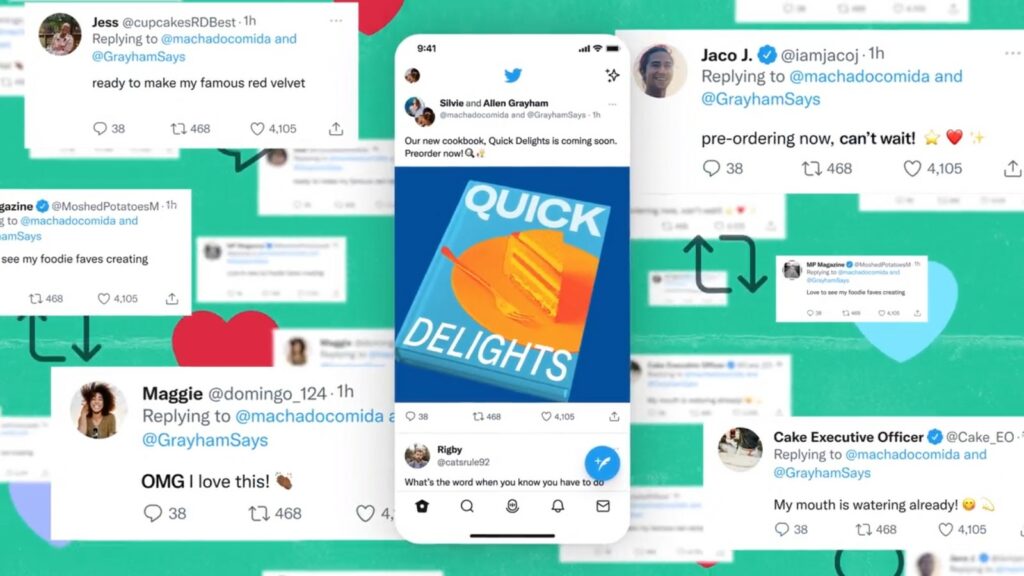It is not always easy to write a 280-character tweet when you wish to express yourself precisely on Twitter. But apparently, for the social network, the situation can be made even more complicated. The platform, which has not yet been bought by Elon Musk – and that may never happen – is now testing a new feature, called CoTweet.
Tweets with four partners, a good idea?
The CoTweet feature is available to a limited number of users, who we imagine will be carefully selected. The feature allows two Twitter account holders to participate in the creation of a message to be published on the platform.
It allows both accounts to be mentioned as the authors of the tweet, which can highlight a collaboration, an announcement or any other personal or professional message.
https://twitter.com/TwitterCreate/status/1545099608195567619
If we believe the short video published on the subject by Twitter, the display of the tweet in question is reminiscent of the one proposed by Facebook when a user decides to link a person to one of its publications. You don’t necessarily have to edit the message to appear as a “co-author”.
Besides, to appear as such, it is compulsory to manually validate the invitation: in this manner, no one can be displayed next to someone else if they did not want to.
An experimental proposal
At the moment, only “selected accounts” in the United States, Canada, and South Korea have the opportunity to test this feature. Twitter may not decide to deploy it on a larger scale: it will all depend on the reception of the community, as well as on the frequency of its use. Moreover, for the moment, embedding a CoTweet in an article only highlights the main author. The proof is below.
This is a CoTweet from me and Emma
— Kelly Vaughn (@kvlly) July 7, 2022
It is worth mentioning that Instagram has been offering an equivalent feature since last year, and that it is mostly used by influencers to highlight their partnerships with brands. Perhaps the same fate awaits CoTweets, at least if Twitter decides to make it a native feature of its service.

